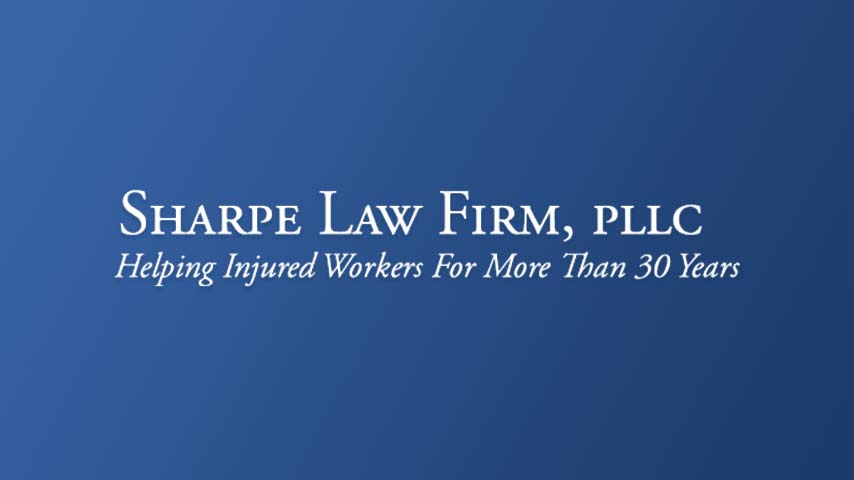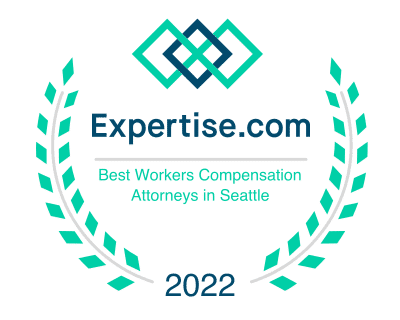Temporary Agency Employee Injured on the Job. An Introduction to Third Party Claims.
One Accident With Two Claims – L&I Claim and Third Party Claim
A temporary agency employee with a job injury has two possible claims:
- An L&I claim for the job injury.
- A personal injury claim against a third-party.
Temporary Agency Employees — How Third Party Law Works
- Temporary agency employees CANNOT sue their employer for a job injury. So file an L&I claim.
- Temporary agency employees injured on the job CAN sue a negligent third party.
- The definition of employer for L&I purposes is different then it is for WISHA or OSHA. For L&I purposes, the staffing or temporary employment agency is the employer, which you cannot sue. The business where the temporary agency worker is sent to do the job is not the legal employer. That business is a third party. If this place of business is negligent you can sue them with a third-party claim.
L&I Claim
A temporary agency employee injured on the job in Washington State has an L&I claim. The temporary agency employee has an employer who hired and pays them, take out taxes, etc. That temporary agency is the employer. The injured worker has an L&I claim.
Third Party Claim
The temporary agency employee is usually assigned out to work at a different place of business. That place of business is the third party. If the temporary agency employee is injured at that place of business, and that place of business was negligent, then there is also a third-party claim.
One Accident / Two Claims – Coordinate Them!
I know I am repeating myself — but this is important! A temporary agency employee injured on the job, due to this negligence of the assigned place of work, has two claims: An L&I claim and a third-party claim.
These are two separate claims, but they affect each other in very important ways. Action taken on one claim will influence the other claim. It is very important to plan and manage the two claims together. A lack of coordination can ruin either or both of these claims.
The coordination of the two claims is easy if you plan ahead and know what you are doing. Get good advice, have a smart plan, and you may be rewarded with a good result for both claims.
Statute of Limitations (SOL) For Temporary Agency Employees
What is a Statute of Limitations?
The Statute of Limitations is a time deadline. You must take appropriate action before too much time passes and the statute of limitations runs out, or you will lose your claim. Different claims have different statutes of limitations.
L&I Claim Statute of Limitations Explained
- L&I INJURY Claims: The SOL is one year from the date of injury. You must file your L&I claim within one year of the injury date or you will lose it.
- L&I OCCUPATIONAL DISEASE Claims: The claim must be filed within two years following the date the worker has both written notice from a physician that the occupational disease exists and a claim for disability benefits may be filed. See RCW 51.28.055. The amazing thing about the L&I occupational disease SOL is that often it does not begin to run. Said another way, you often have much more than 2 years.
- Occupational Disease vs Injury. It Make a Difference. Too many words are wasted over the distinction between Occupational Disease and Injury. Learn more here: L&I Claims are Either Injuries or Occupational Diseases
Third Party Claim Statute of Limitations
- The third-party claim SOL for negligence is 3 years in most Washington cases. You must settle your claim or file a lawsuit before the SOL runs.
- If you miss the third-party SOL there may still be hope. The Washington State Supreme Court says in the Carrera v Olmstead decision, that if L&I brings the third-party claim, they do so in the public interest. This decision means that the SOL does not run against L&I when they bring a third-party claim. Said another way, if you miss the usual third party SOL, there may still be time.
- Contact us if we can explain further.
Where to Get Good Legal Advice
What you are reading here is legal information. Legal information is general information about the law. This is good information, but it is only information.
Legal advice is different. Legal advice takes your facts and applies them to the law. It is this application of your facts to the law, that makes for a good plan and a good result for your case.
Good legal advice about L&I and Third-Party claims comes from lawyers who have done this many times before. This is what we do. Call us for good legal advice.










